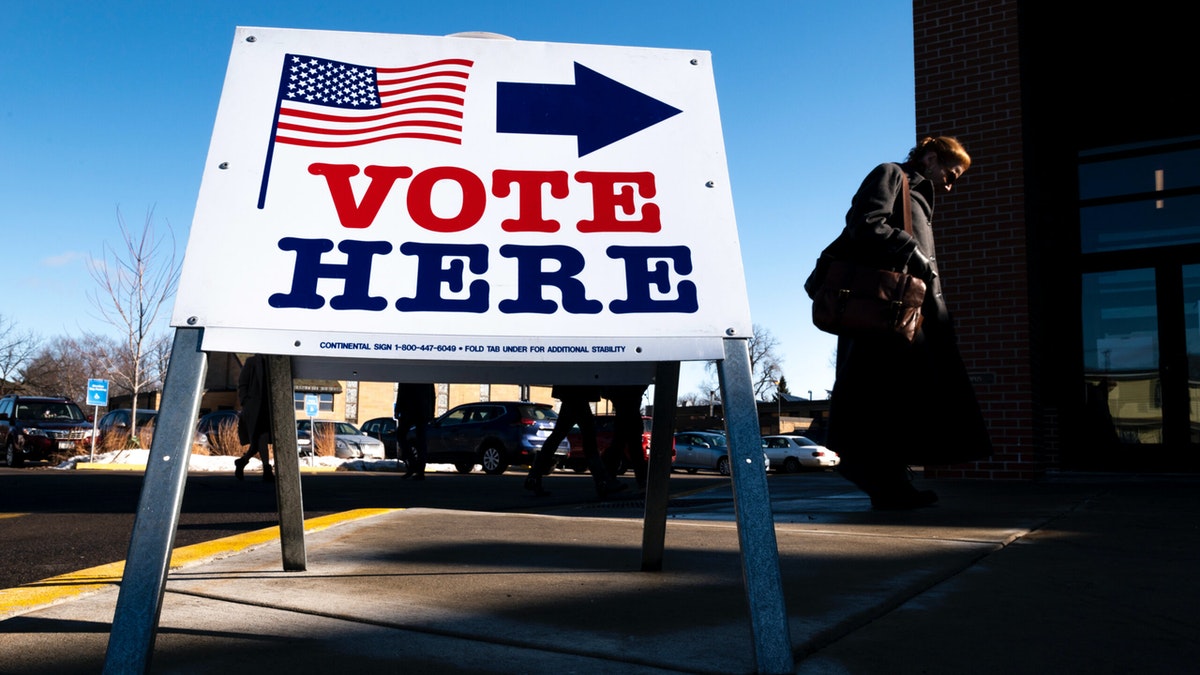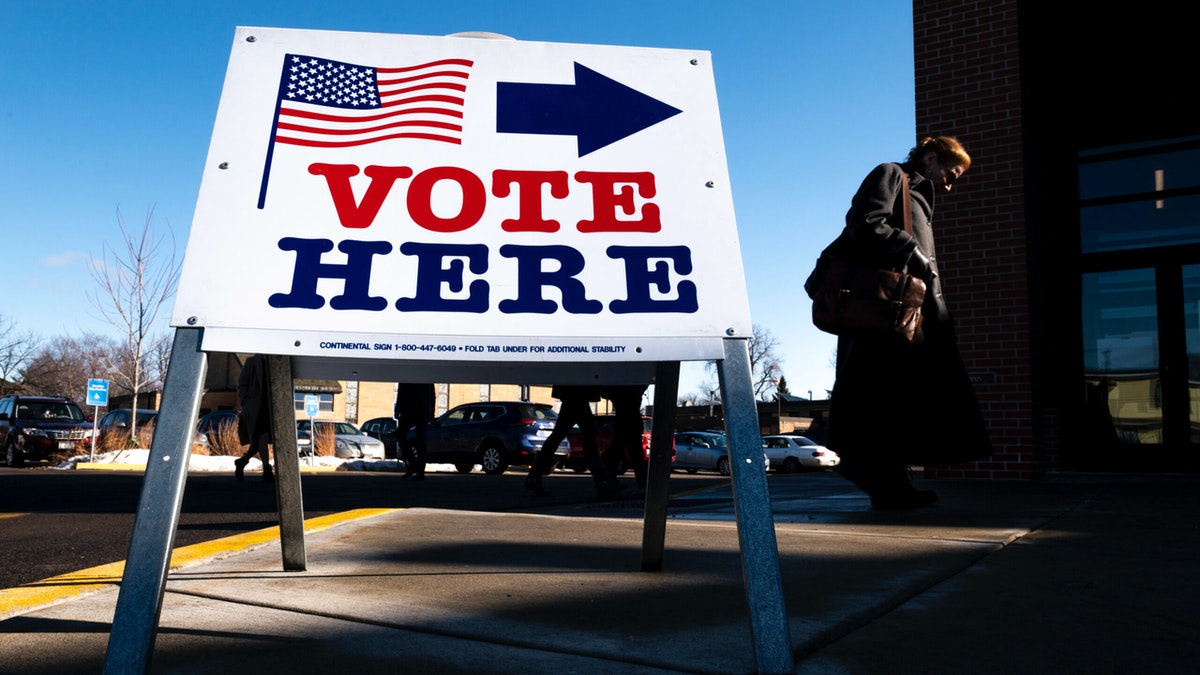

Republicans are already seeing a huge advantage in turnout during the 2022 primaries, according to one pollster.
In Tuesday’s primary elections in Pennsylvania, North Carolina, Kentucky, Idaho, and Oregon, Republicans made up 54.9% of the total votes cast, according to John Couvillon, founder of the polling firm JMC Analytics. When factoring in the other five states that have already held primaries — Texas, Indiana, Ohio, Nebraska, and West Virginia, Republicans account for fully 60% of votes cast in the primaries so far.
“In every state where I’ve been measuring turnout changes relative to previous midterms, I’m seeing a clear advantage on the Republican side,” Couvillon told the New York Post Wednesday. Couvillon added that the data was “not super representative,” since it was only from 10 states with early primaries, and there are still 174 days before the general elections. Still, the data from these primaries suggest that “states that are swinging and are Republican are going to move far to the right,” he said.
Couvillon also shared his data on Twitter Wednesday. According to the data, overall turnout in the 10 states that have already had primaries was up 21% from 2018, which he noted was a high turnout year in itself. But a partisan breakdown showed a massive advantage for Republicans — so far, Democratic turnout has totaled just under five million votes, while Republicans have cast nearly 7.5 million. In addition, Democratic turnout increased by just 3% over 2018, while Republican turnout increased by 38%.
PARTISAN PRIMARY TURNOUT, 2022 v 2018
Now we have a sample of 10 states.
Overall turnout up 21% (and 2018 was a high turnout year); Dem turnout +3%, Rep turnout +38%
The Republican % of the vote went from 53 to 60% of the electorate.
(1/2) pic.twitter.com/LIAdThNEtx— John Couvillon (@WinWithJMC) May 18, 2022
Democratic turnout went down in five states relative to 2018: turnout was down 6% in Indiana; 29% in Ohio; 49% in West Virginia; 39% in Idaho; and 29% in Kentucky. Republicans, meanwhile, increased turnout in every state so far, and more than doubled their turnout in North Carolina. Couvillon also noted that the electorate in three states — Kentucky, North Carolina, and Pennsylvania — flipped from 2018 to 2022 from a Democratic advantage to a Republican one. Oregon was the lone bright spot for Democrats. Republicans increased their turnout, but made up less of the electorate because of higher Democratic turnout.
The turnout trend heavily favored Democrats in 2018, Couvillon said, via the Post. JMC Analytics data from the 2018 primary season showed that Democrats made up 53% of the overall electorate, and increased turnout that year by a massive 75% over 2014. Democrats flipped 41 seats to take back the House of Representatives in the 2018 midterms.
News of a Republican turnout advantage is the latest warning sign for Democrats that a Republican “red wave” election is coming in November. An internal poll of highly competitive battleground districts conducted by the Democratic Congressional Campaign Committee found that the generic Republican candidate is leading the generic Democratic candidate by an 8-point margin, as The Daily Wire reported. “Given that Democrats generally have a three or four-point built-in advantage on the generic ballot, this is a particularly concerning development for Speaker Nancy Pelosi’s majority,” Punchbowl News noted. Thirty-two House Democrats have already resigned or announced they won’t be running for re-election so far this year, the most since 1992, Reuters reported.
President Joe Biden, meanwhile, has continued to collapse in the polls, another warning sign for his party. Biden fell to the lowest rating of his Presidency, 38%, in a University of Massachusetts Amherst poll Tuesday, and a Wednesday poll from Quinnipiac found Biden at just 35% approval.
Story cited here.
Scroll down to leave a comment:






